What is the Difference Between AC and DC Power Solution
Overview
- Overview
- Features and Benefits
- Related Products
- Related Cases
- Related News & Events
- Related Solutions
- Contact us
What is the Difference Between AC and DC Power Solution
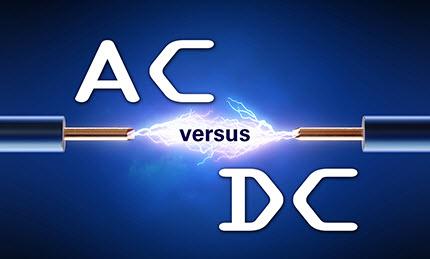
Features and Benefits
AC and DC are the most popular words used in electrical industry. Recently, I found that many people ask about what is the difference between AC and DC power in many forum posts, so hereof we will discuss this issue. I hope you will find this article helpful for you.
1. What is AC Power?
AC is the standard abbreviation of alternating current which refers to the electric current has periodical alternates in the direction and magnitude. In a period of time, the average value of voltage or current is zero. Usually, the waveforms of AC current and voltage are sinusoidal, and also there are square waveforms and triangle waveforms in practical application cases. AC power was firstly invented after the electromagnetic induction principle has been discovered by the Michael Faraday. In 1832, Hippolyte Pixii has manufactured the very first AC motor on the basic principle of Michael Faraday's invention. AC power is widely used in our daily life that all the common lights, motors and so forth are supplied with AC power. The symbol of alternating current is "~".
The frequency of AC power refers to the number of periodic change per unit of time. Its unit is Hertz (Hz) which has a reciprocal relationship with the inverse cycle. The common frequency of alternating current is 50Hz to 60Hz in our daily life, and the frequency can reach up to KHz and even MHz in radio technologies. The AC power frequency in electric power system is different in different countries: in America, Mexico and Canada, the frequency is 60Hz. And in China, Japan, India, most of the European countries and so on, the AC power frequency is 50Hz. This is the reason why most of the AC motor drives are of 50Hz and 60Hz (50Hz to 60Hz frequency converters).
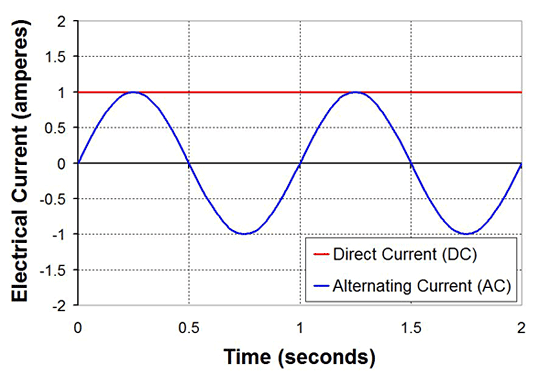
2. What is DC Power?
DC stands for direct current, and it is also called as constant current which provides a constant voltage or current. The current flow of DC power does not change the direction like the AC power, instead, it only flows directly according to one direction. It is one of the biggest differences between AC and DC power. The DC power was firstly invented by Thomas Alva Edison in 1880, and at that time, the DC power was mainly used for powering the incandescent lamps. Nowadays, the DC current is widely used in various kinds of electronic instruments, electrolysis, electroplating, DC electric drive and so forth.
Direct current can be produced by electrochemical and photovoltaic cells and batteries. It can be converted into alternating current by a transformer. DC circuit is a closed conductive loop composed of DC power supply and a resistor. In the direct current circuit, it forms a constant electric field. The electrons form from the cathode, anode and the negative poles, and moves to the anode, cathode and the positive pole. However, the physicists define DC as the positive to negative movement.
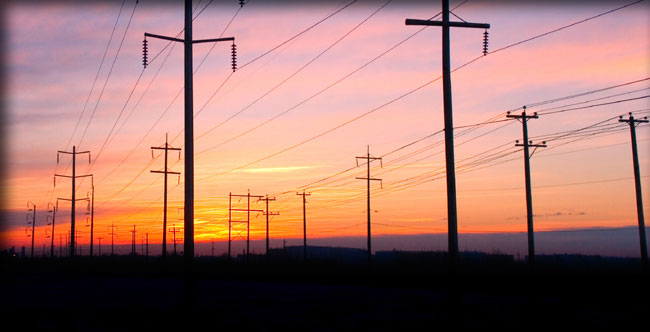
3. What are the Main Differences between AC and DC Power?
a. AC and DC Difference in voltage and current flow:
The AC power is alternating current with periodical changes in voltage, current follow direction while the DC power is constant current with invariable voltage and current flow direction.
b. AC DC Difference in applications:
Currently AC power is widely used in lights, electric motors, electricity transmission and so forth, while the DC power is mainly used in all sorts of electronic instruments, electrolysis, electroplating, DC electric drive and etc. As the DC transformer and transmission technology has made great progress in recent years, the HVDC waste is relatively small, so the DC is expected to replace the AC in power transmission field.
If you guys want to get more information about the differences between AC and DC power, please contact us and our electric engineers will communicate the topic with you in details. If you need AC servo motors or AC drives, please continue visiting our products.
 Global - English
Global - English Spanish - Español
Spanish - Español French - Français
French - Français Russian - Pусский язык
Russian - Pусский язык Chinese - 中文
Chinese - 中文 Korean - 한국어
Korean - 한국어 Vietnamese - Tiếng Việt
Vietnamese - Tiếng Việt
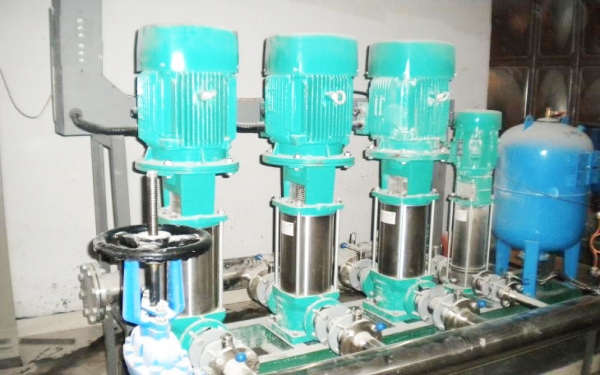
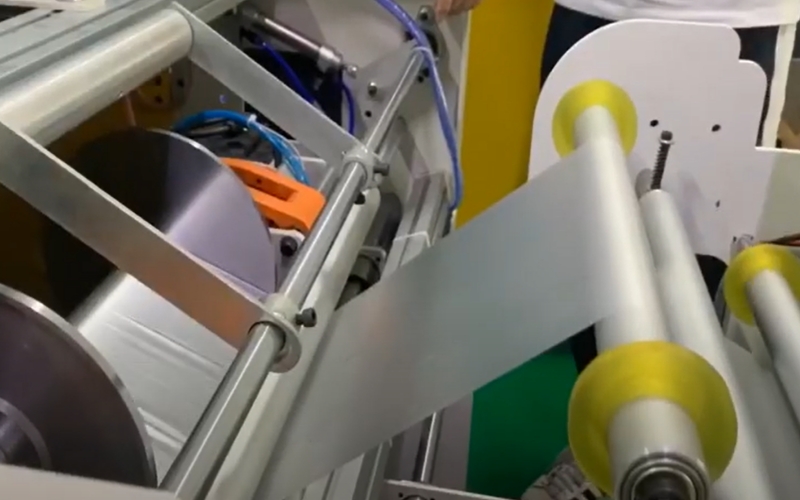
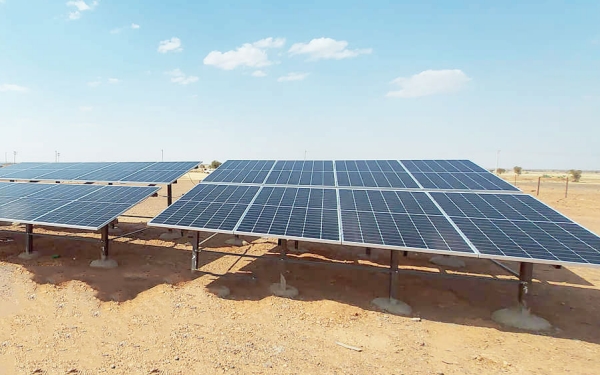
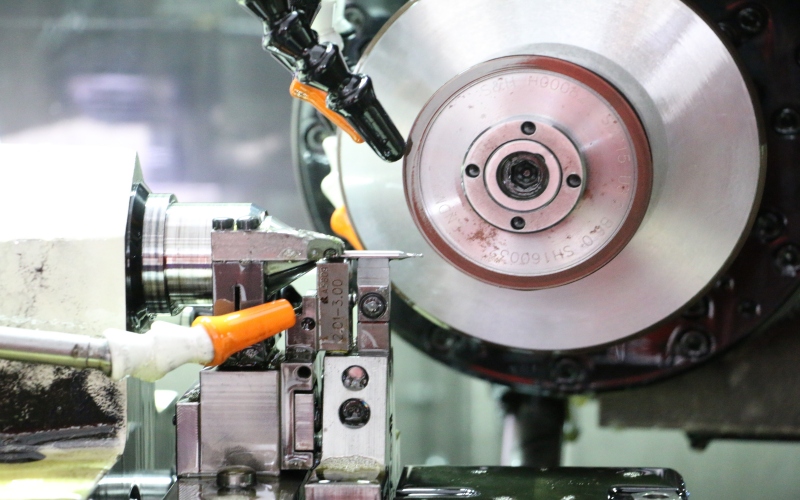
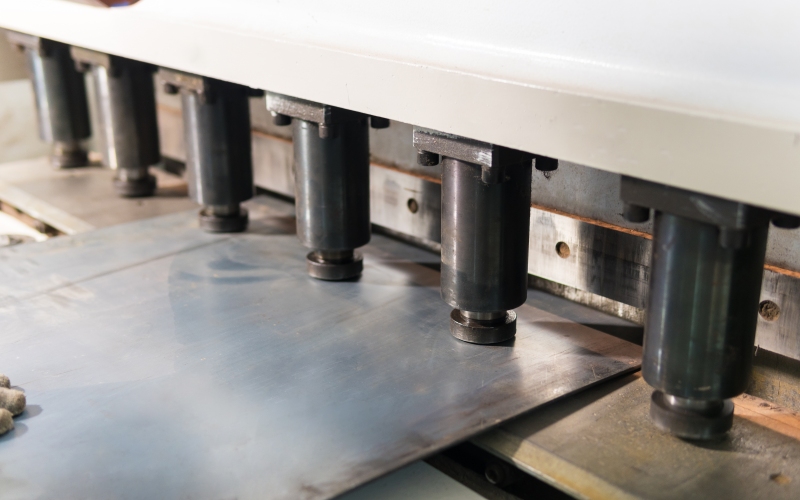
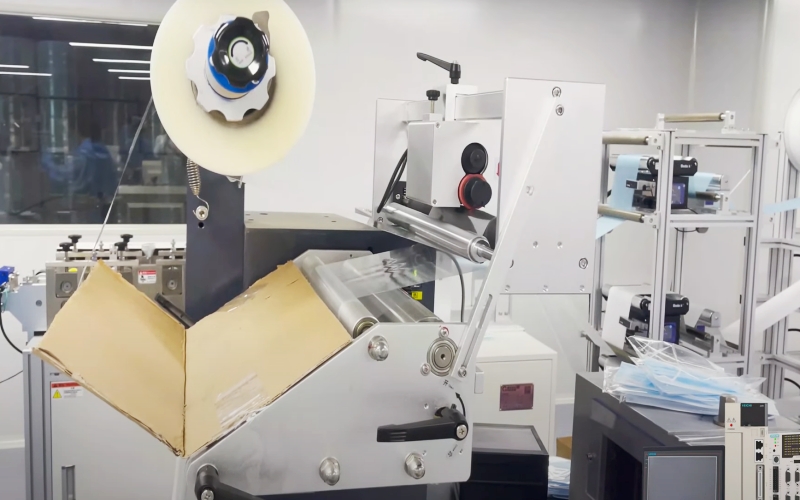
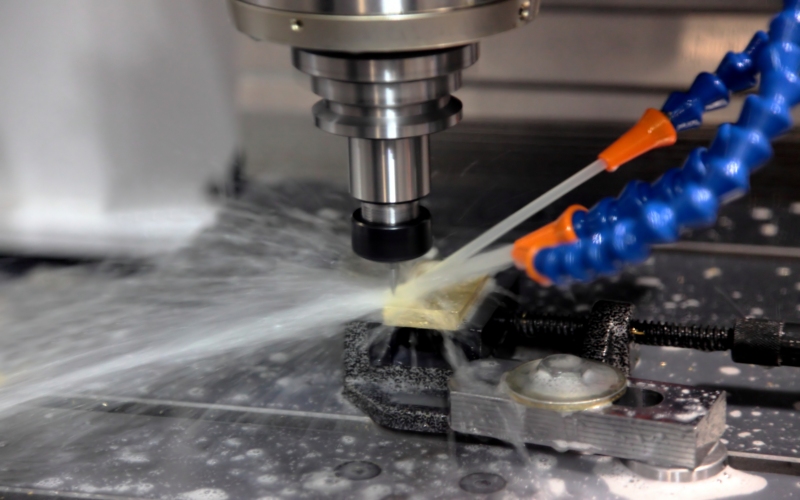

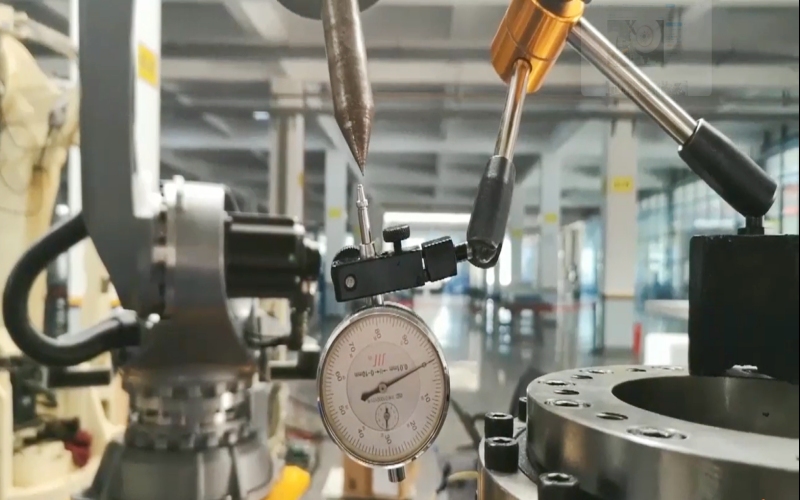
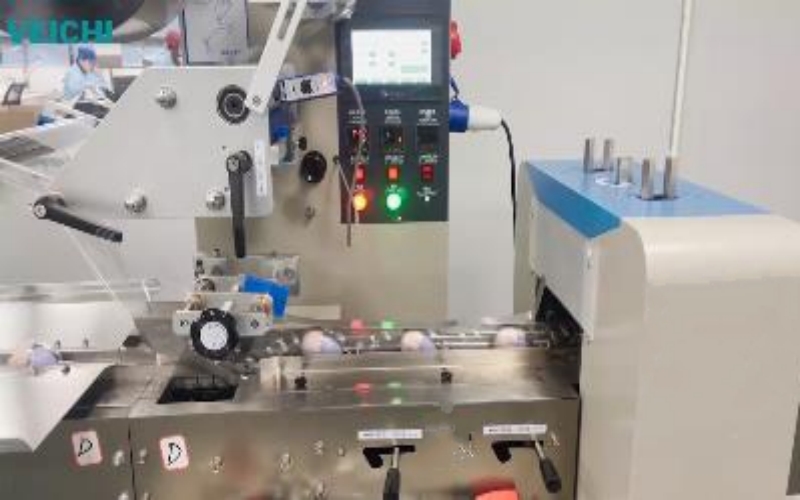
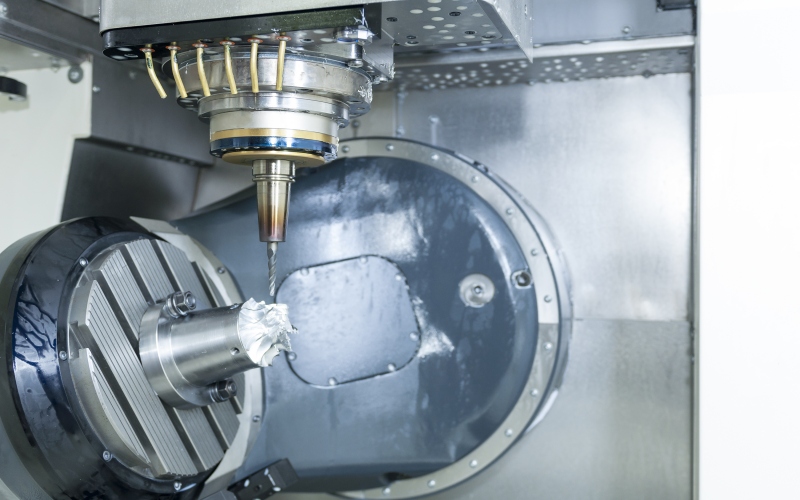
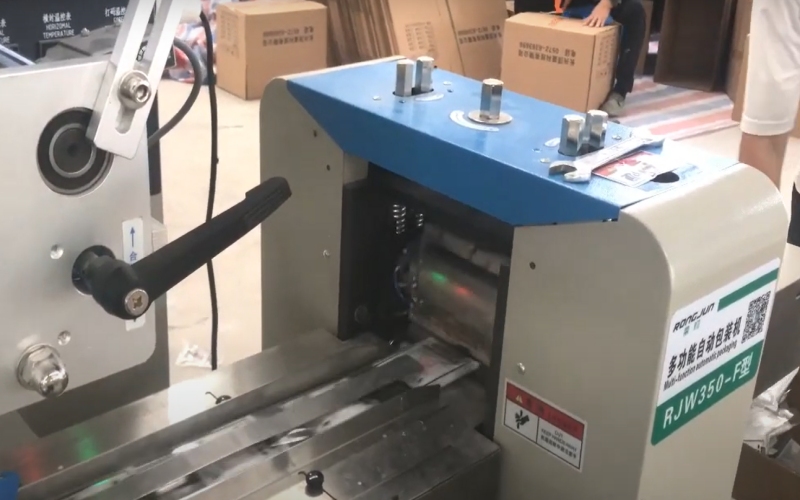

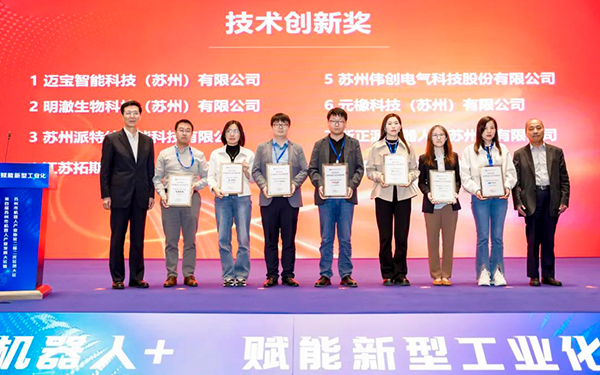






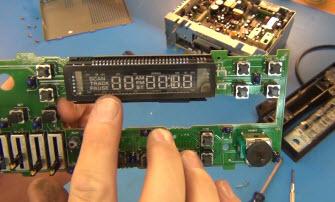
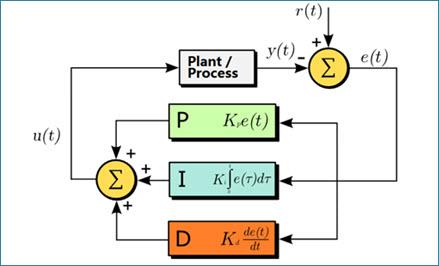
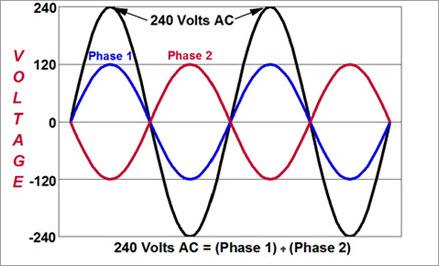
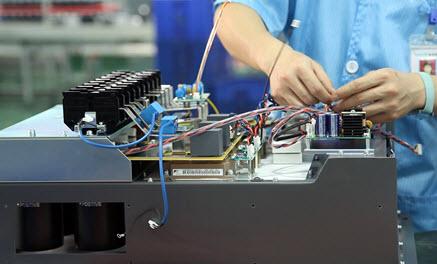
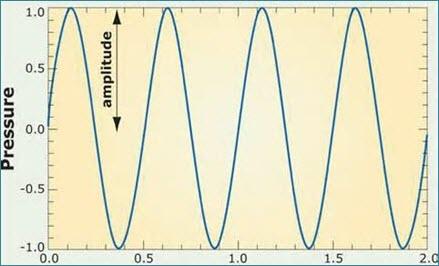
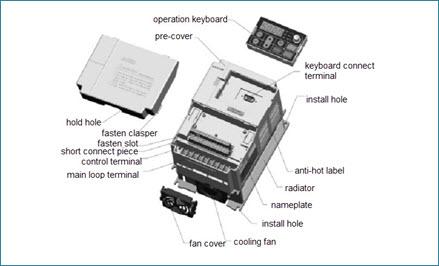
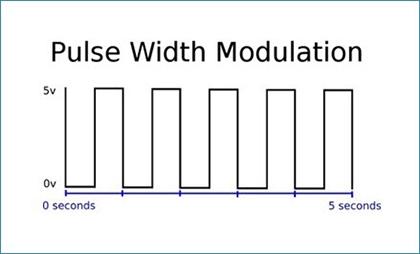
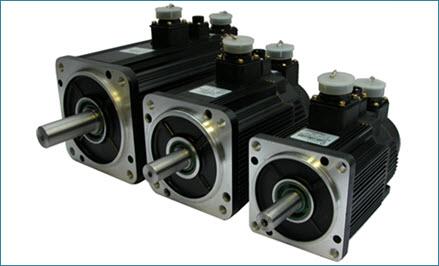
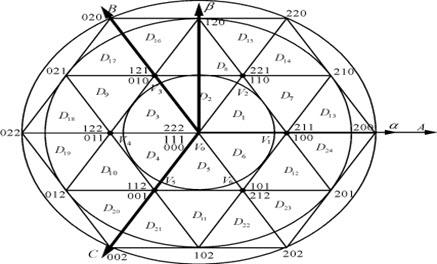
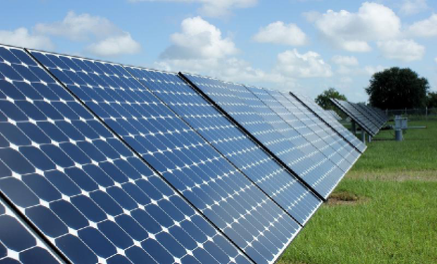
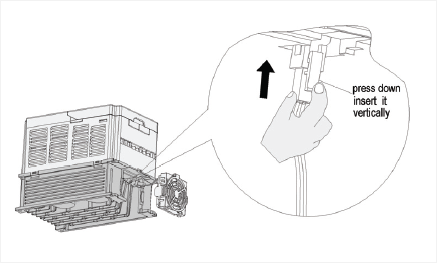
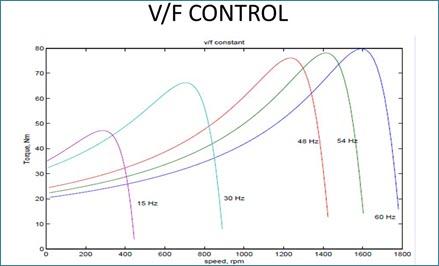

 Leave a Message
Leave a Message